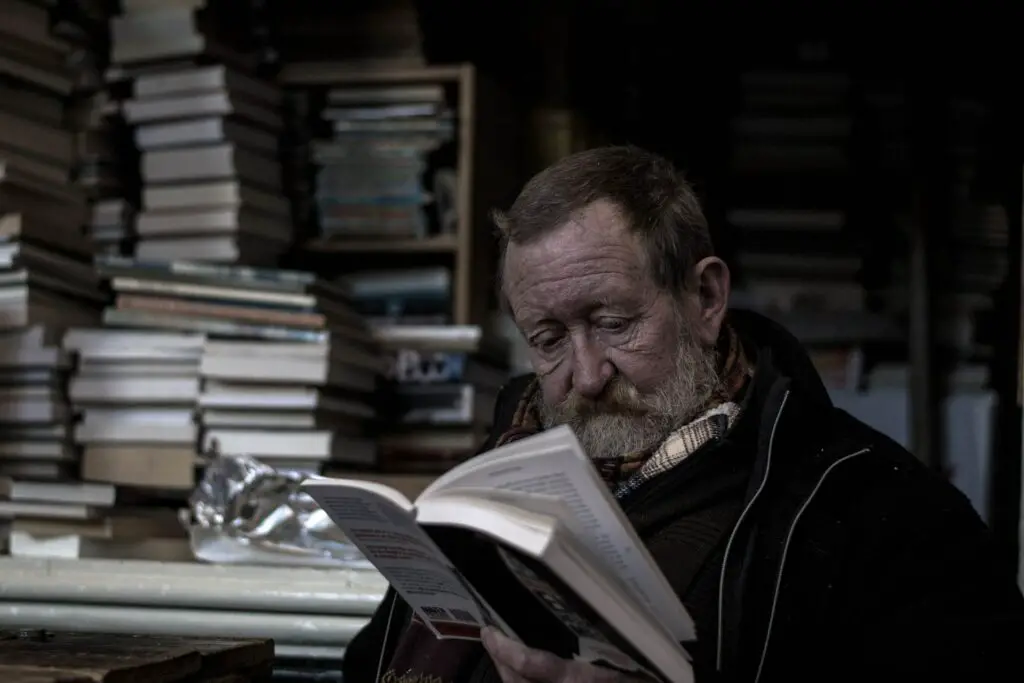This fall semester, students from the University of Virginia (UVA) will take part in the Books Behind Bars: Life, Literature, and Leadership course program, bringing Russian literature to the Albemarle-Charlottesville Regional Jail.
The program is a combined initiative by jail superintendent Martin Kumer, Charlottesville Commonwealth attorney Joe Platania, and assistant director of community-engaged learning initiatives and UVa Russian literature professor Andrew Kaufman. Kaufman explained that he had been planning this with Kumer for over a year now.
This will be the first time that the course will be brought to incarcerated adults. It will earn both the inmates and the students university course credit.
An educational and rehabilitation program at Albemarle-Charlottesville Regional Jail is bringing two unlikely groups together: students and inmates.@BooksBhindBars, basis of @SATTfilm, Is Set to Launch this Fall
via @CBS19Newshttps://t.co/8QaLEgsqO1#Education #Rehabilitation pic.twitter.com/kHkr1gz0Cz— Books Behind Bars: Life, Literature, & Leadership (@BooksBhindBars) April 25, 2021
Bringing Russian Literature to Maximum Security
Kaufman created the program in 2009 and has been bringing his students and literature into maximum security juvenile detention facilities around the Richmond area since 2010. His initiative was featured in a 2018 documentary entitled “Seats at the Table.”
Kaufman told US News that he chose Russian writers this fall, as they were unique in their writing. According to the professor, they go “straight to the jugular of existential questions.”
“Because of their history, because of their life experiences, maybe because of their Russian DNA, they just go straight to the big questions of who am I, why am I here and how should I live? There’s a sense of urgency in their writing that’s unique,” he said.
Kaufman also emphasized that the program is not a teaching experience for college students. Rather, it is an opportunity for both students and inmates to mutually benefit from discussions about life and literature.
“The power of this program is that it has always been mutually beneficial. It’s very much about the learning that happens on the part of my students and the relationships between them and the incarcerated students,” he added.

